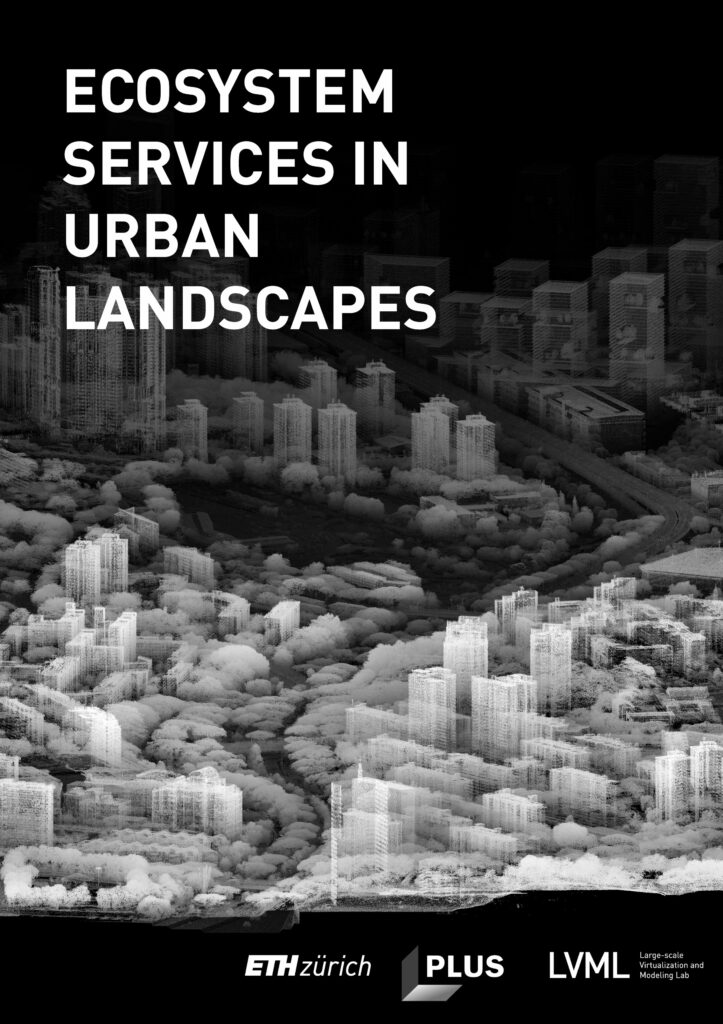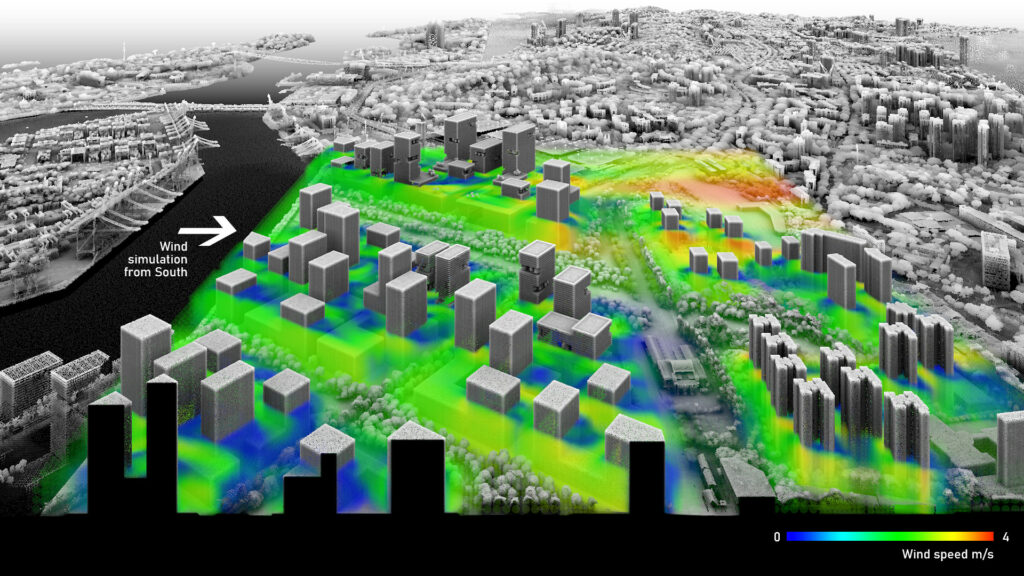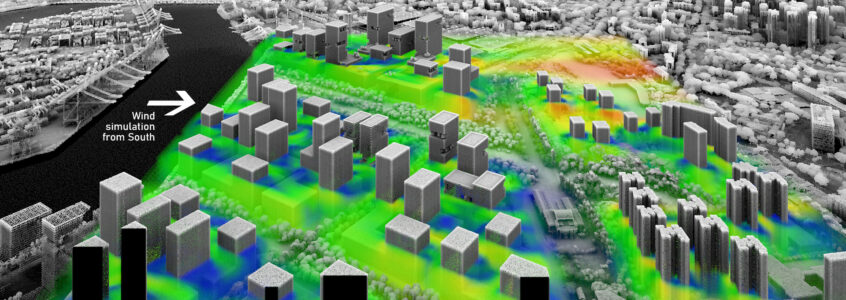
Ecosystem Services in Urban Landscapes
2016-2021, Singapore
Futures Cities Laboratory (FCL)
Green spaces such as parks and gardens, and urban river networks, provide cities with a number of benefits which are known as ‘ecosystem services’. These ecosystem services include reducing flood risk, cooling urban areas, and providing spaces for recreation.
The main aim of this project is to find ways of incorporating knowledge about tropical urban ecosystem services into design, both at a local scale and across larger city landscapes. We will quantify the role of individual plants and land use types in providing benefits at these different spatial scales, and in particular will focus on the role that vegetation plays in mitigating the urban heat island effect. Trees provide shade and can cool the air to provide a more comfortable thermal environment, and this effect can be measured with remote sensing for each individual tree and its cooling effect can be modeled for larger green spaces and across entire city landscapes.
Combining methods used in archaeology for geometric documentation and in earth sciences for feature analysis, a new approach has been developed to interact with the formal characteristics of the landscape and include them in the design process (Urech 2020). The approach employs point-cloud models of the urban environment captured using laser scanning technology, which can then be modified by the designer. Design solutions with ecosystem services were developed by manipulating the point-cloud model of the site. Then, the designer can evaluate the environmental and aesthetic properties of the modified landscape and make further changes until an optimal design for the site is achieved. In order to fulfill this objective, three Design Research Studios (DRS) were conducted at the Singapore University of Technology and Design (SUTD) and ETH in Zürich, with a total of 45 undergraduate and graduate participating students. These three studios were:
- “Cool Topologies” in Singapore: Design Research Studio P. Urech and Prof. J. Comaroff, SUTD Singapore (2018)
- “Singapore Hot… Singapore Cool”: Design Research Studio Prof. C. Girot (2018)
- “Brani Redux: Restoration of an Island Landscape in Singapore” : Design Studio P. Urech, Singapore University of Design and Technology (2019)

Image Above: The existing cargo port in Tanjong Pagar will make way for a new expansion of the central business district of Singapore. The Rail Corridor with its terminus station could be integrated into the strategic use of the open spaces to dissipate the urban heat island effect. At street level, the airflow improves thermal comfort. Designs by ETH and SUTD students applying the design method by Philipp Urech, simulations in OpenFOAM by M.O. Mughal.

